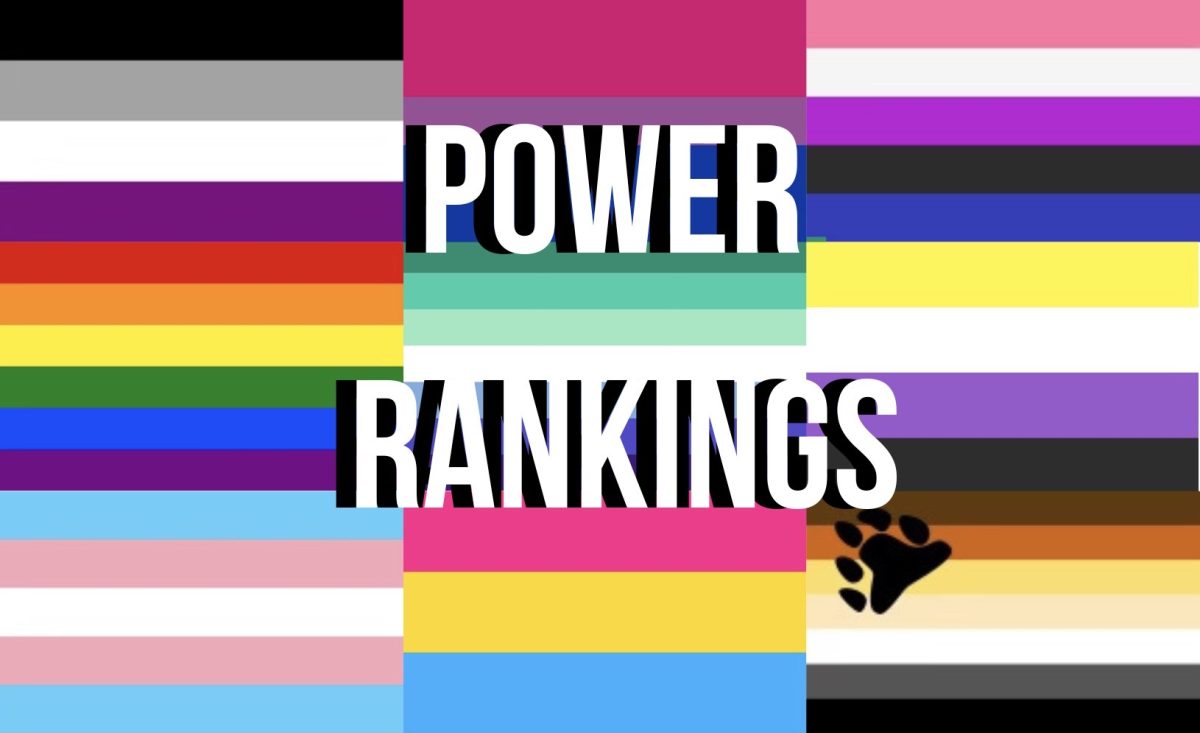
By Andy Barr
With the Democrats desperately trying to rally a coalition behind the Affordable Healthcare for America Act, in hopes that the bill might be passed before the New Year, and with new amendments and proposals cluttering the news, it becomes easy to overlook major flaws with of Mr. Obama’s healthcare reform, particularly with the public option.
The idea of a public option (though currently dropped from the senate version of the bill) is one that continues to draw dissention from republicans and moderate democrats. Hard line “Pelosi” democrats contend that a public option is needed to compete against the private health insurance industry. However when analyzed closely, the 1,300 health insurance companies currently selling plans would seem to be competition enough. When the Medicare drug benefit was approved through the Medicare Prescription Drug, Improvement, and Modernization Act of 2003, the Congressional Budget Office estimated the yearly cost of the program as $74 billion by 2008. Currently, nearly 100 drug benefit providers compete to provide the best perks, the best options, and the best prices. In 2008, the actual cost of the benefit was $44 billion, a long way from the estimated $74 billion. Indeed, the Medicare system has been able to function and thrive through competition alone, without the implementation of a government plan.
Furthermore, a public option, of any degree, would undermine private insurers and leave taxpayers and health providers to shoulder the burden. The bill does not impose on the government plan the broad variety of other federal and state requirements with which private insurers must comply, such as taxes, antitrust laws, and licensing requirements. In short, the playing field would be anything but equal.
It would be those providers and families not covered by government programs who would fall victim to this “forced subsidy.” The study also found that families pay a yearly average of $1,800 for other people’s healthcare. Physicians, too, are paying, at least indirectly, by accepting medicare and insurance-company dictated charges and discounts for medical procedures. This cost-shifting is why many doctors limit the number medicare patients in their practice as well as the number of insurance plans they participate in as preferred provider.
Undeniably, the unequal playing field would ultimately result in the public’s complete dependence on the government plan. The Lewin Group, a healthcare policy research firm, estimates that 70% of Americans with private insurance, roughly 120 million Americans, would quickly lose what private insurance they have. Why? Because of imperfect competition; businesses (especially in these recessionary times) wouldn’t be able to compete with the government, which can run a deficit. These businesses would eventually be forced out of business, making the public “option” more of a mandate than anything else.
All too often Conservatives have been accused for criticizing legislation without having their own solutions to problems. Indeed, there is a Conservative answer to the healthcare situation, one that doesn’t come at the expense of the insurance industry and the well-being of millions of hardworking Americans.
The solution is a multifaceted one, and by no means a “quick fix” to the question of healthcare reform and affordable coverage to all Americans. Through a series of careful steps, effective reform is possible, reform that strives to repair and improve, not tear down and start from scratch.
When it comes to taxes, it is necessary to normalize the level the playing field. As it stands now, workers can exclude the value of Employer-sponsored insurance from their wages, therefore making the benefit tax free. For those who buy individual insurance, no such tax break is present to offset costs. Logically, it doesn’t make sense to punish those who have to foot their own healthcare bill. Small businesses should have access to the same tax benefits that the employees of large corporations receive.
There is a way to make insurance coverage affordable to working families. It’s not through passing the costs off on the rich, or subsidizing parts of the industry, but by making it easier to save, tax-free, for out of pocket medical costs. We are constantly urged and reminded to invest for our future, for retirement and for college. The same should apply to savings. These savings, in tandem with low-cost catastrophic health insurance, make coverage more affordable for working families.
Government insurance intervention in areas where business risk is great is justified. If the government didn’t assume liability for nuclear power plant disaster damages above $10 billion, no practical entrepreneur would enter the industry, as the threat of catastrophe would be too great to justify any possible gains. Government intervention is fine where private industry, for economic reasons, fears to tread. However, there is no place for government where there is healthy corporate competition, resulting in acceptable profits for much needed goods and services.
Lastly, we need to build on past successes, policies hinged on ultimately putting patients in charge of their own affairs and allowing competition to be the self regulator it has always been. The greatest health reform plans are those that distinguish and continue to implement the virtues of the United States’ traditionally market-based medical system.
From every corner of the earth, those seeking the best medical care flock to the U.S. because of the sorry state of foreign healthcare. Foreign doctors and scientists come here to practice and research cutting edge medical techniques that aren’t available back home. In many countries with socialized medicine, the system has the best intentions of the public at heart, but more often than not it is the government, not the patients, that are making crucial judgments that have lasting impacts on the lives of citizens. We are lucky to retain that choice in America. Let’s not throw it away.


















Tim. • Apr 4, 2010 at 10:47 am
Who won?
Jack Jardin • Mar 23, 2010 at 10:56 pm
Interesting post reminds me of another gem. – It’s not the size of the dog in the fight, it’s the size of the fight in the dog. – Mark Twain 1835 – 1910
James Jost • Feb 13, 2010 at 7:02 pm
Just proves the old adage. It’s an ill wind that blows no good.
Jerry Jemison • Jan 19, 2010 at 5:33 pm
Like what you did. Wishing you a very happy and prosperous new year !
Tom Degan • Dec 18, 2009 at 5:35 am
I don’t know what kind of health care reform will come out of this session, but I strongly suspect it won’t be much. There is, however a silver lining behind this very dark cloud. I am reminded of the Civil Rights Act of 1957. Don’t be embarrassed if you’ve never heard of it, there really isn’t a hell of a lot to remember about it; a mere pittance, really – a scrap of leftovers tossed out to “American Negros” (in the parlance of the age) in order to appease them. But it made the passing of the Civil Rights Act of 1964 – the one we remember – all-the-more easier seven years later.
We’ll live to fight another day.
http://www.tomdegan.blogspot.com
Tom Degan